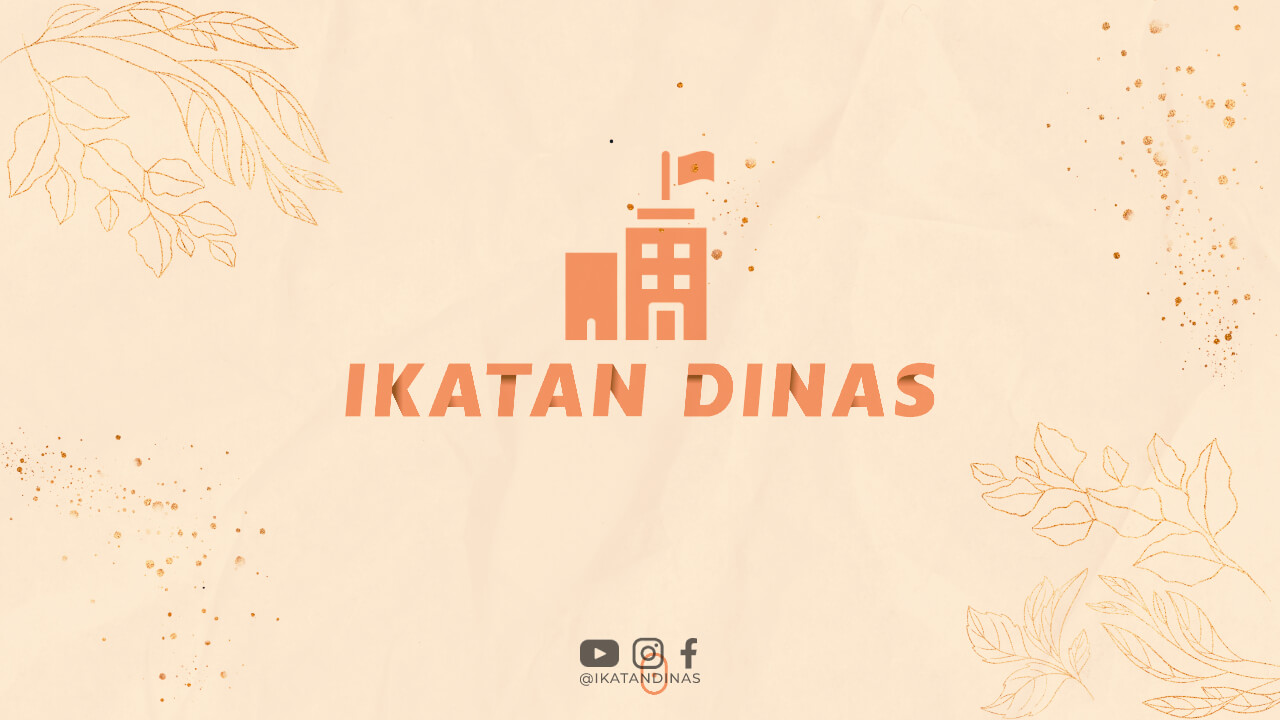“How are you today?” is a common question that people ask to show concern for others’ well-being. In Indonesian, the phrase “how are you today” is translated to “apa kabarmu hari ini?” or simply “apa artinya?”
The Meaning of “Apa Artinya?”
“Apa artinya?” literally translates to “what does it mean?” However, in Indonesian, it is commonly used as a greeting or as a way to ask someone how they are doing.
When someone asks “apa artinya?” in a casual setting, it is usually just a way of saying “how are you?” or “what’s up?”
Responding to “Apa Artinya?”
If someone asks you “apa artinya?” or “apa kabarmu hari ini?” in Indonesian, you can respond with a variety of phrases. Here are some common responses:
- Baik-baik saja (I’m doing well)
- Lumayan (I’m okay)
- Cukup baik (I’m doing pretty good)
- Sedikit lelah (I’m a little tired)
- Tidak begitu baik (I’m not doing so well)
It’s important to note that Indonesians usually greet each other with a smile and a handshake or a hug. This is a sign of respect and friendliness.
Other Ways to Ask How Someone is Doing in Indonesian
In addition to “apa artinya?” or “apa kabarmu hari ini?” there are other ways to ask someone how they are doing in Indonesian. Here are some examples:
- Bagaimana kabarmu? (How are you?)
- Apa kabar? (What’s up?)
- Sudah makan? (Have you eaten?)
- Sudah minum? (Have you had something to drink?)
Why it’s Important to Ask How Someone is Doing
Asking someone how they are doing is a simple way to show that you care about them. It’s an opportunity to connect with someone and check in on their well-being.
In Indonesian culture, it is especially important to show concern for others. Indonesians value strong relationships and community, and asking how someone is doing is a way to strengthen those connections.
Conclusion
In conclusion, “how are you today apa artinya” is a common question in Indonesian that is used to ask someone how they are doing. Responding with a smile and a friendly greeting is important, as it shows respect and kindness. Asking how someone is doing is a simple way to strengthen relationships and show concern for others.







